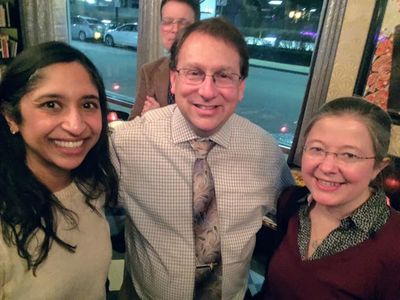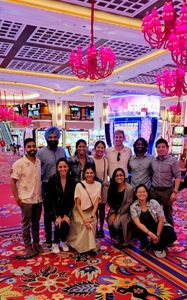About Us
The Section of Gastroenterology at Boston University and Boston Medical Center has a long and distinguished history in both the academic and clinical arenas. The Fellowship Training Program at Boston University School of Medicine has established a distinguished record since its foundation in 1945 by Dr. Franz J. Ingelfinger. Approximately 250 M.D. or M.D./Ph.D. Fellows in Gastroenterology have graduated from the program, many of whom have become leaders in academic medicine. The overarching goal of the fellowship is to produce outstanding clinicians who will serve as leaders in the field of gastroenterology and the track record has been excellent. Several past presidents of the American Gastroenterological Association are alumni of this distinguished program. Former Fellows in the Section have developed pioneering research in esophageal motility techniques and esophageal motility disorders, cholesterol gallstone disease, intestinal absorption and secretion, hepatic and intestinal cholesterol metabolism, intestinal morphology, intestinal development, and bile salt metabolism. Approximately 25 former Fellows have become Chiefs of Gastroenterology Divisions in the United States and abroad, and many more have become Professors of Medicine.

The section prides itself on fostering fellow excellence in the tripartite mission of clinical care, research and education. The clinical care involves our diverse patients characterized by our underserved safety net population and a very large international patient base. The research covers a wide range of topics from epidemiology (leveraging the large BU run cohorts, the Framingham Heart Study and the Black Women’s Health Study), to clinical trials in IBD, NAFLD, cancer detection, and advanced endoscopy to important quality improvement initiatives. The section interacts closely with the nationally renowned school of public health which interacts closely with training opportunities at the CTSI. The other cornerstones to the section’s research includes novel optical technologies, induced pluripotent stem cells (iPSCs) and a sophisticated quality-research infrastructure. From an educational perspective, the award-winning teachers in the section are at the forefront of such efforts, pushing the fellows and faculty towards excellence.
